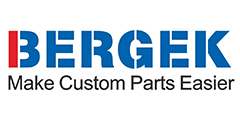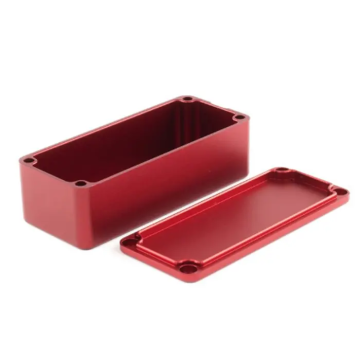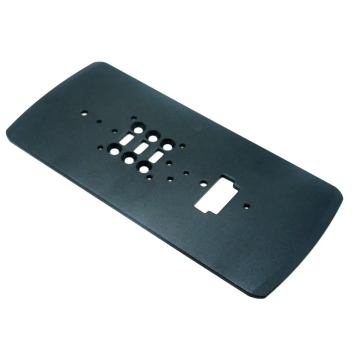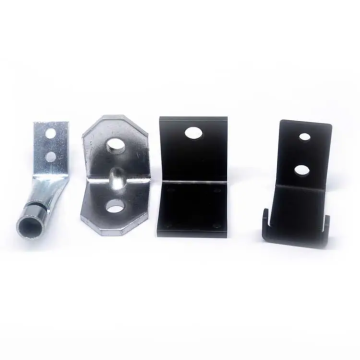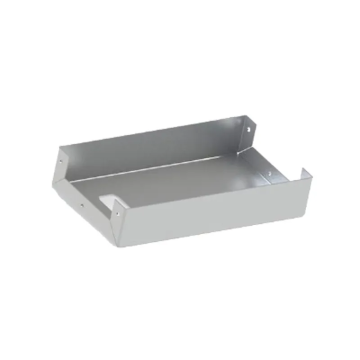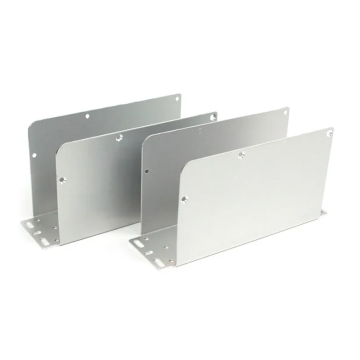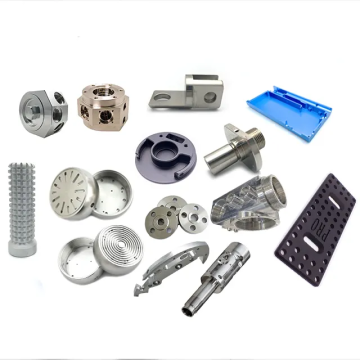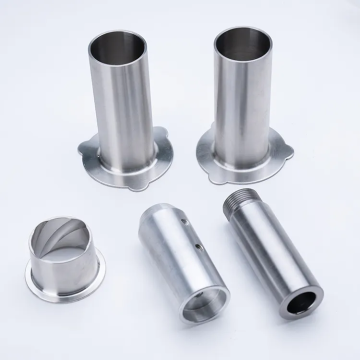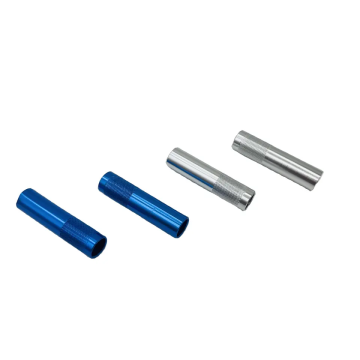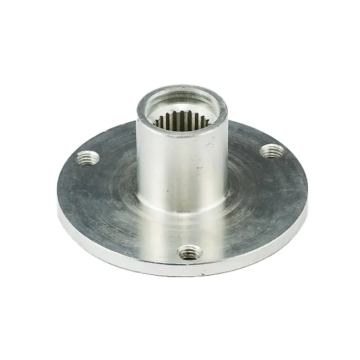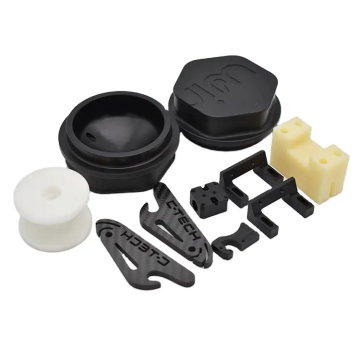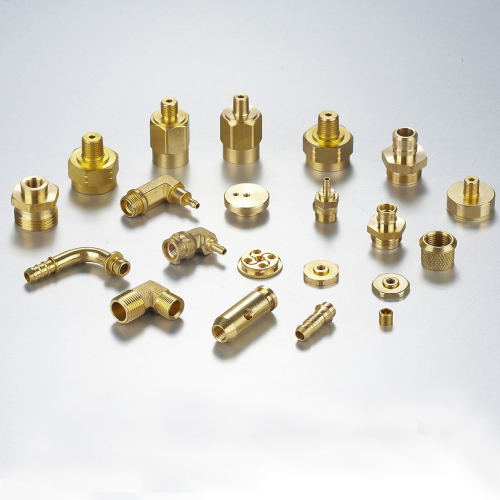
cnc machining laser weld assembly parts
-
$6.00≥10 Piece/Pieces
- Min. Order:
- 10 Piece/Pieces
- Min. Order:
- 10 Piece/Pieces
- Transportation:
- Ocean, Land, Air
- Port:
- ShenZhen
Your message must be between 20 to 2000 characters
Contact Now| Place of Origin: | China |
|---|---|
| Productivity: | 10000 |
| Supply Ability: | 8000000 |
| Payment Type: | L/C,T/T,D/P,Paypal |
| Incoterm: | FOB,CFR,CIF,EXW,FCA,CPT,CIP |
| Certificate: | IOS9001 |
| HS Code: | Non |
| Transportation: | Ocean,Land,Air |
| Port: | ShenZhen |
What is 3D Printing?
3D printing is a manufacturing process where materials are joined together to make objects from 3D model data (CAD). Typically, 3D printing is a layer-by-layer process where part geometries are “grown,” fusing with the previous layer. 3D printing processes can build objects in plastics, photopolymers, reaction polymers, composites, metal, glass, and other materials.
This is contrary to subtractive, or traditional manufacturing, such as CNC machining, where a part is made through the reduction of a stock material through cutting, bending, shaping, etc. Due to the layered process of 3D printed parts, there are typically surface finish differences between prints and traditionally manufactured components. Most notably is a less smooth surface, with step-like features visible in the direction of growth. Another way to think about how 3D printing works is that it interprets a 3D model, acting as a digital twin, and does its best effort to reproduce the part features, building from the bottom to the top.

3D printed components, or those made on a 3D printing or additive manufacturing platform, are best known for their viability in small-batch manufacturing, also known as prototyping. This is due to the flexibility that 3D printing offers over traditional manufacturing, without requirements for specialized fixtures or labor-intensive setups. Over the last 5 years, there has been a spike in 3D printing used for end-use production components, from aircraft ducting to medical implants to commercial goods.
3D Printing Versus Additive Manufacturing
The term “3D printing” is often used synonymously with “additive manufacturing.” That was not always the case. 3D printing and 3D printers in 2007 would have been describing desktop hobbyist machines that extruded material or plastics. Many industrial users of additive manufacturing during that time used the term “rapid prototyping,” or RP, to describe processes like laser sintering or binder jetting processes. Over the last decade, the term 3D printing has gained significant popularity due to the prevalence of desktop printers and the Maker movement. Due to its popularity in the media, the terms are now used interchangeably in conversation--particularly in marketing materials. However, most industrial processes still prefer using additive manufacturing, or AM, as a more professional term encapsulating the potential of these processes to be another valuable tool on the production floor.
Other terms for 3D printing are additive fabrication, additive processes, additive techniques, additive layer manufacturing, layer manufacturing, and freeform fabrication.

Why Choose Bergek
professional custom CNC Machining Parts Manufacturer in China
* Guangdong Aluminum Application Precision Technology Co, Ltd was established in 2012 and has over 10 years experience of in researching. developing and manufacturing CNC Machining Parts
* We have the recognition of famous brand customers all over the world
* Our company has more than 200 professional employees and over 10000 sqm modern factory area
* Our products own many patents and quality system certifications ISO 9001
* Our products own many patents and quality system certifications ISO 9001 is over 250,000 tons, exported to over 120 countries.
Related Keywords

